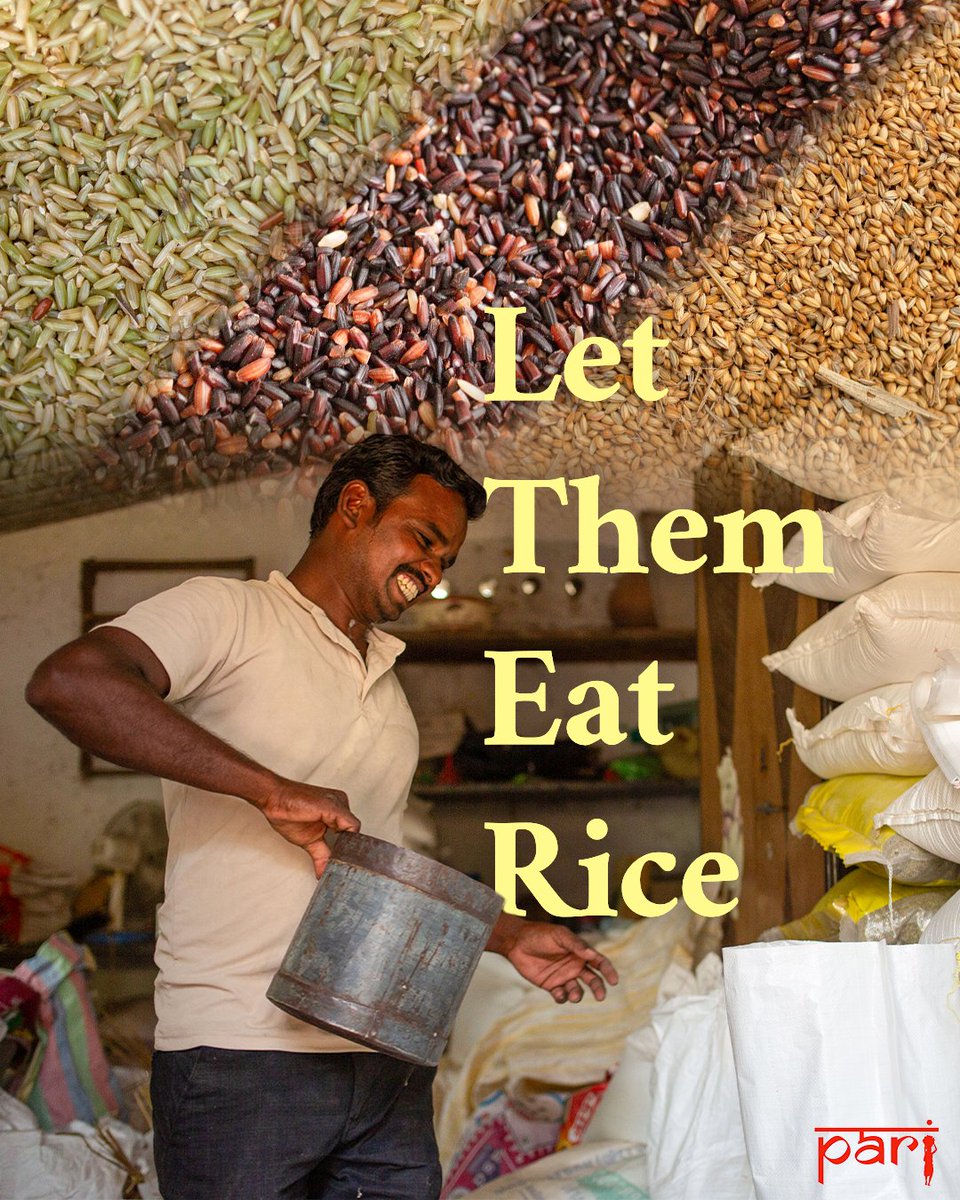The National Commission for Enterprises in the #UnorganisedSector was set up in 2004 as an advisory body & a watchdog for the #informal sector. This NCEUS report reviews #labour #laws & #SocialSecurity systems that apply to #workers in unorganised sectors. bit.ly/2PhAOEN 







It observes that while existing laws have some provisions for conditions of #work for certain workers, there is no comprehensive legal framework for the “basic and minimum conditions of work” for unorganised sector workers.
Therefore, it proposes comprehensive & protective laws for agricultural & non-agricultural workers in the unorganised sector that will regulate conditions of #work, #SocialSecurity, #welfare and #livehood promotion.
The NCEUS found that the income of marginal and small farmers was less than their expenditure, their debt burden from informal lenders was very high, and state support was extremely meagre. #HumanRights #WorkersRights
Socially deprived groups were predominant in the most vulnerable occupations.For eg. SC/ST workers were 43.5 % of the casual #labour workforce & Muslim #workers,particularly low-caste Muslims, were 19.4% of self-employed non-agricultural workers.#HumanRights #WorkersRights
Among unorganised #workers, agricultural #labourers were the most vulnerable, followed by casual workers, marginal #farmers & the self-employed. As many as 90.7% of agricultural labourers & 52.3% of casual non-agricultural workers received a #wage below the national minimum.
Casual #workers and domestic workers lacked social protection, got low pay for long hours of work, had no access to #health and #safety regulations, and were not entitled to overtime rates and weekly #holidays.
Given the differences in the conditions of work for agricultural &non-agricultural workers,two bills are proposed.They were the Agricultural Workers’ Conditions of Work & Social Security Bill & the Unorganised Non-Agricultural Workers’ Conditions of Work & Social Security Bill.
The main provisions of these bills were an 8hr work day with at least a half-hour break; 1 day of paid rest; a national #MinimumWage for occupations not included in the Minimum Wages Act, 1948; wages based on piece-work to be equal to wages based on hours of work...
The bills also mandated wages for women to be on par with those for occupations certified by the #Employment Certification Committee;payment of #wages on time & failure to do so to attract penal action;no deduction of wages in the form of fines & includes the right to #organise.
They also forbid #discrimination on the basis of gender social origin, place of origin or incidence of #HIV/AIDS; provisions for adequate #safety equipment; compensation for accidents; protection from #SexualHarassment; provision of #childcare & basic amenities at the #workplace.
The NCEUS recommended a National #SocialSecurity Scheme for which all unorganised #workers could register. It wanted to ensure that workers get a min. level of social protection as a statutory right and an entitlement, and not simply as ad hoc largesse bestowed by government.
The scheme would offer #life & #disability #insurance in the case of partial or total disability, accidental #death or untimely natural death of the #worker.
The scheme would also offer benefits such as #hospitalisation for the worker& their family, #maternity benefits for the worker/ worker’s spouse & an allowance for the earning member of the family during #hospitalisation/ in the case of illness during the #insurance policy period.
The scheme would provide an old age #pension of Rs. 200 per month to below #poverty line workers >60yrs & #ProvidentFund to all registered workers.
#Workers who own or work on <2 hectares of land,or earn an income of less than Rs.6,500/month,would be be eligible for this scheme.
#Workers who own or work on <2 hectares of land,or earn an income of less than Rs.6,500/month,would be be eligible for this scheme.
In case of disputes over the implementation of the bills,the NCEUS recommends conciliation through resolution instead of time-consuming legal/ bueraucratic procedures. Instead, it may involve participation of workers’ representatives/ elected representatives of local bodies.
• • •
Missing some Tweet in this thread? You can try to
force a refresh






















